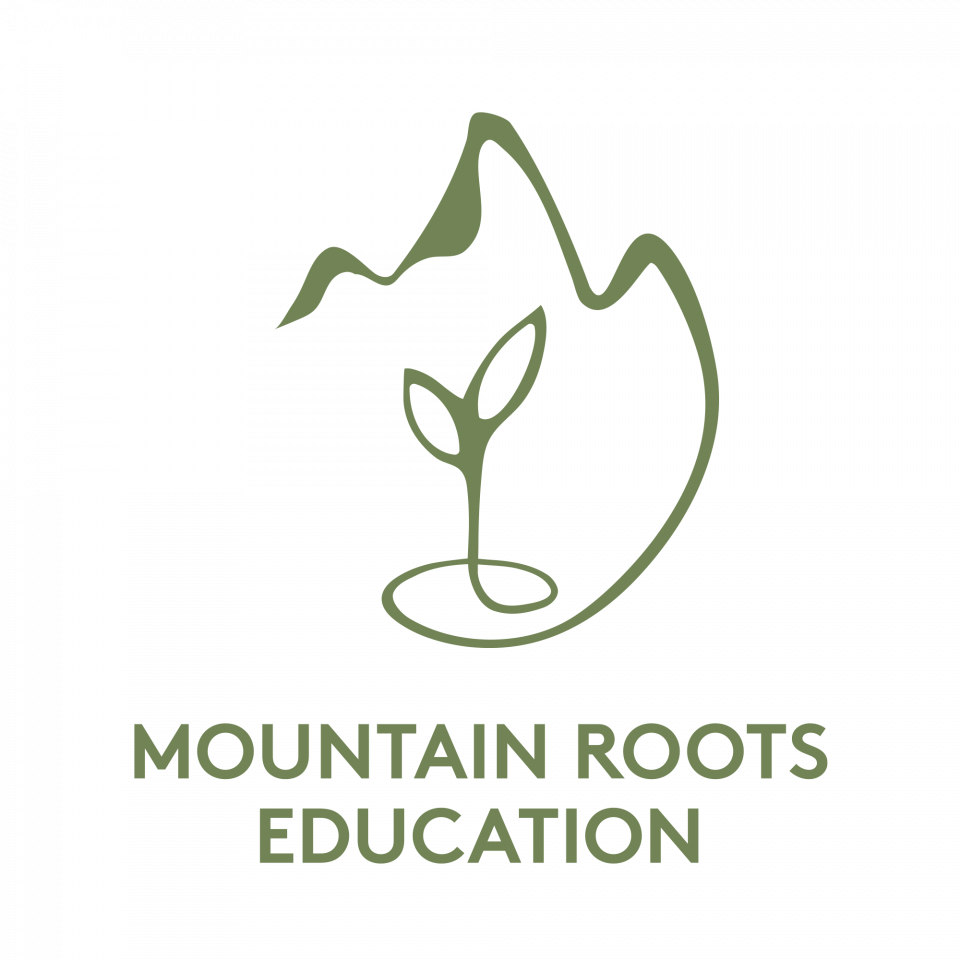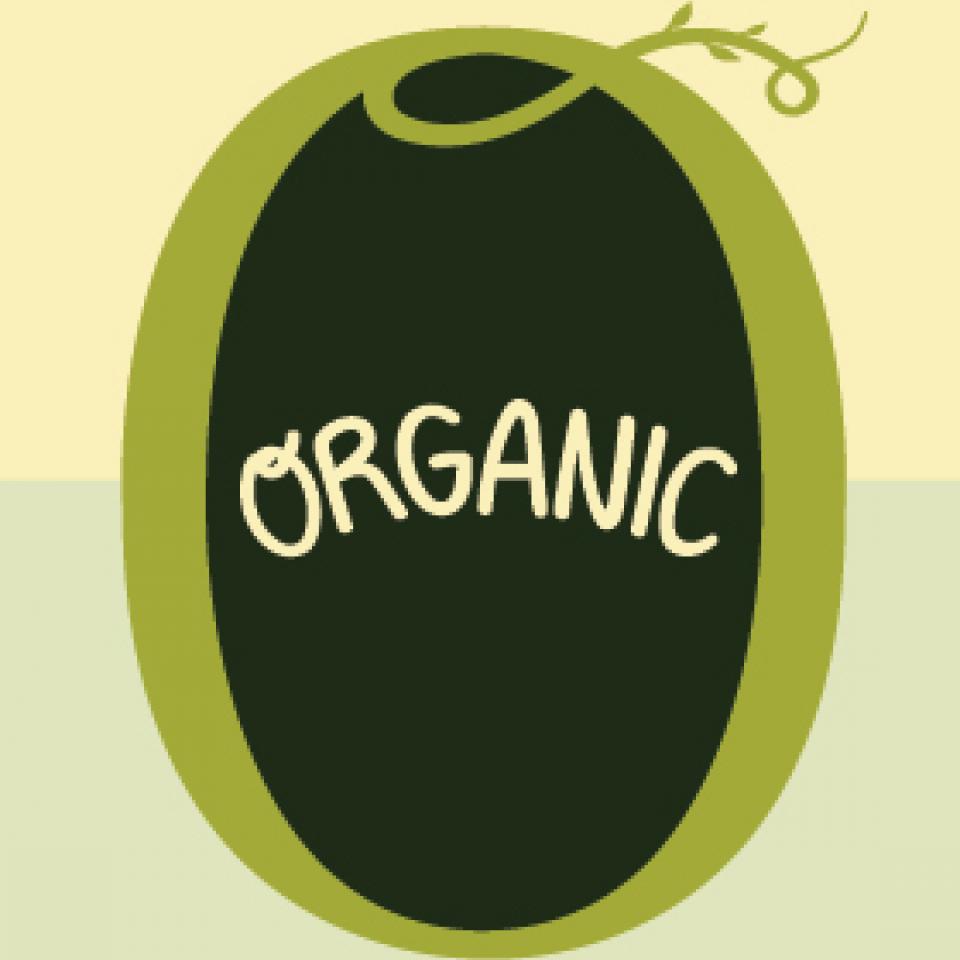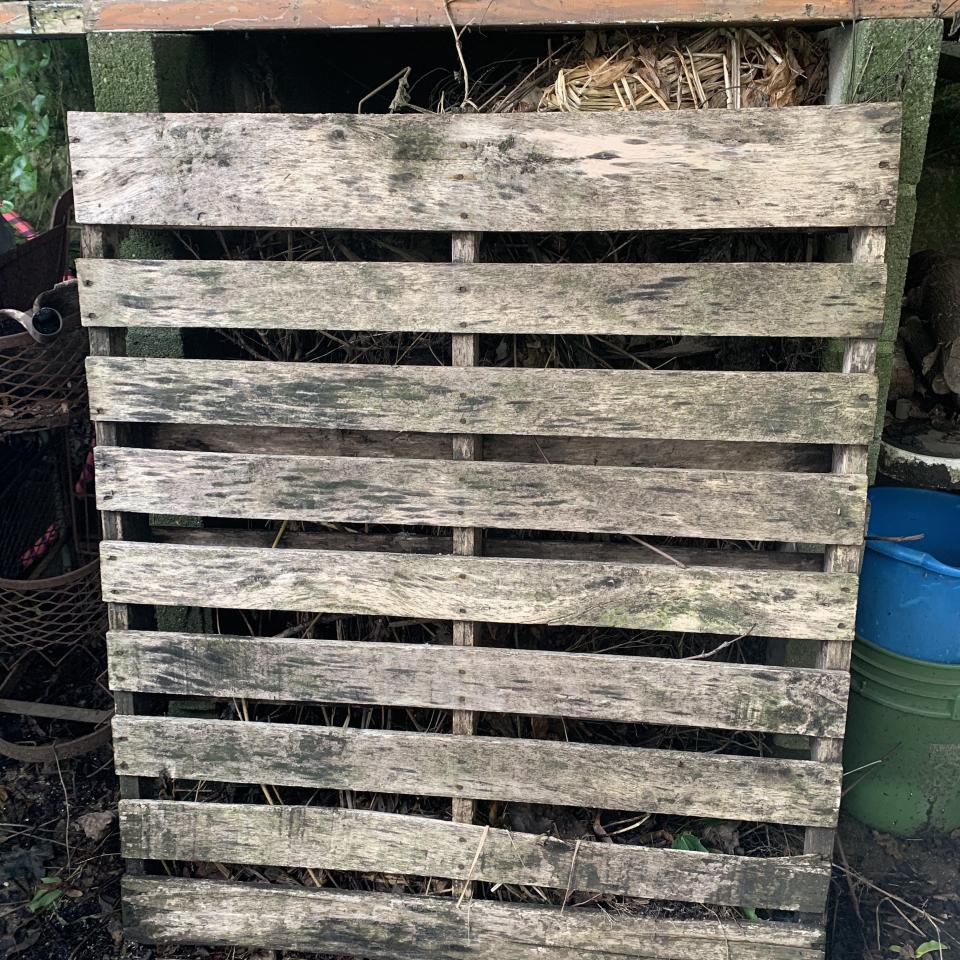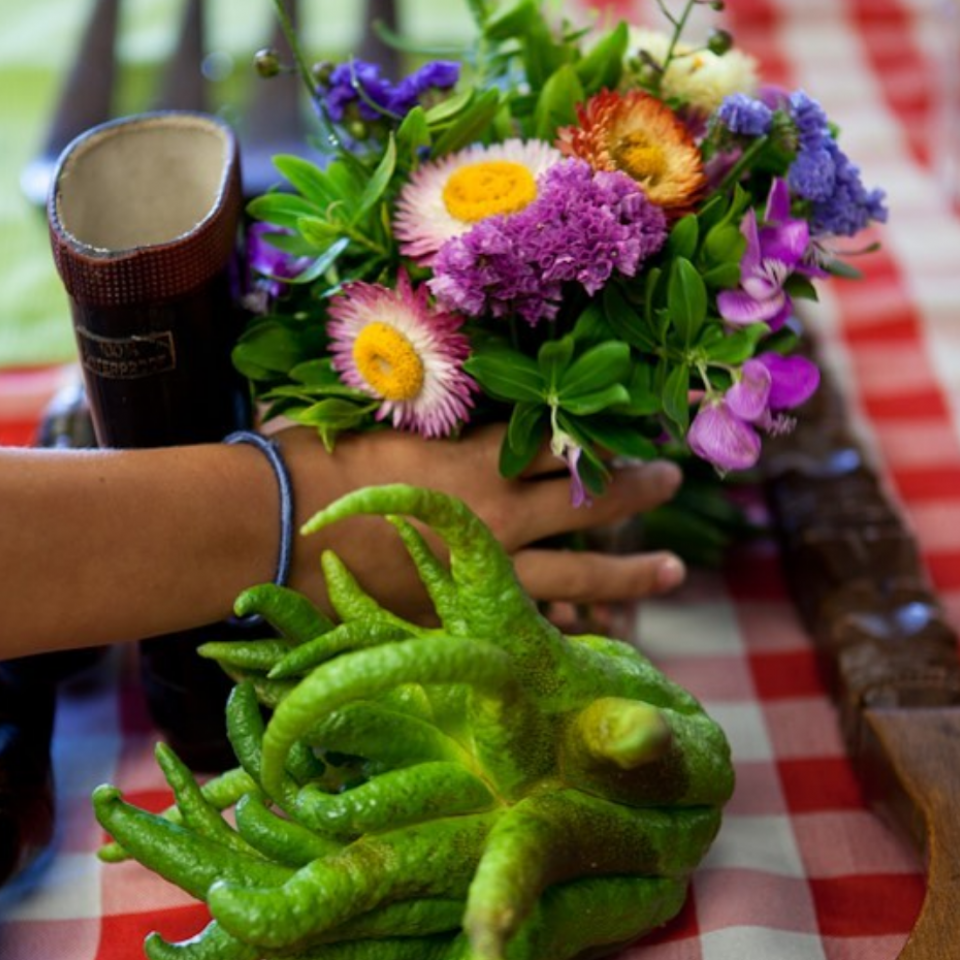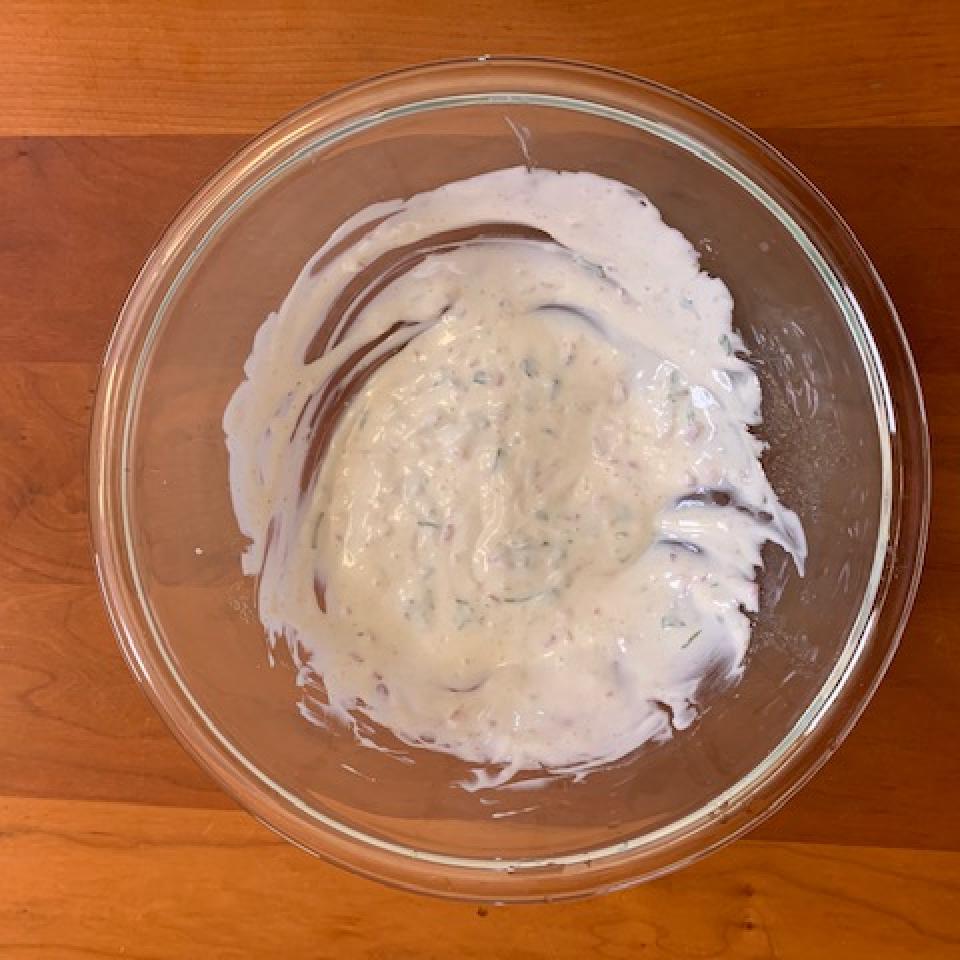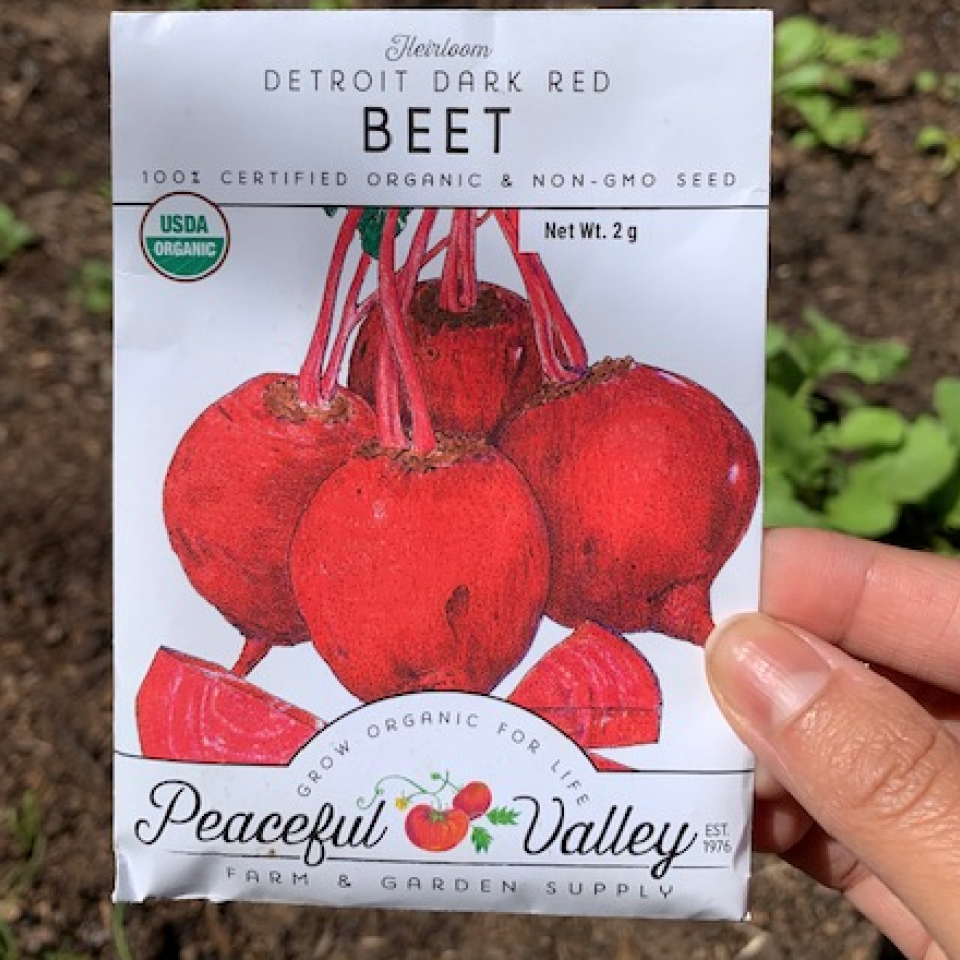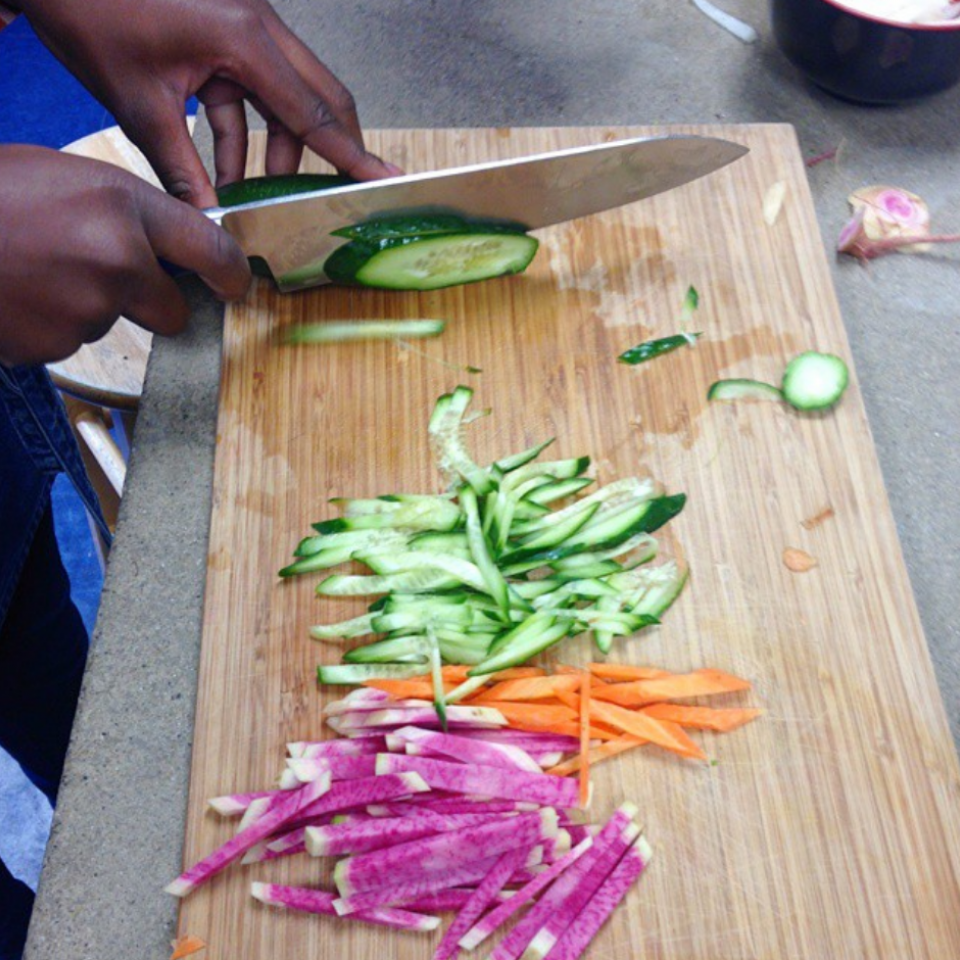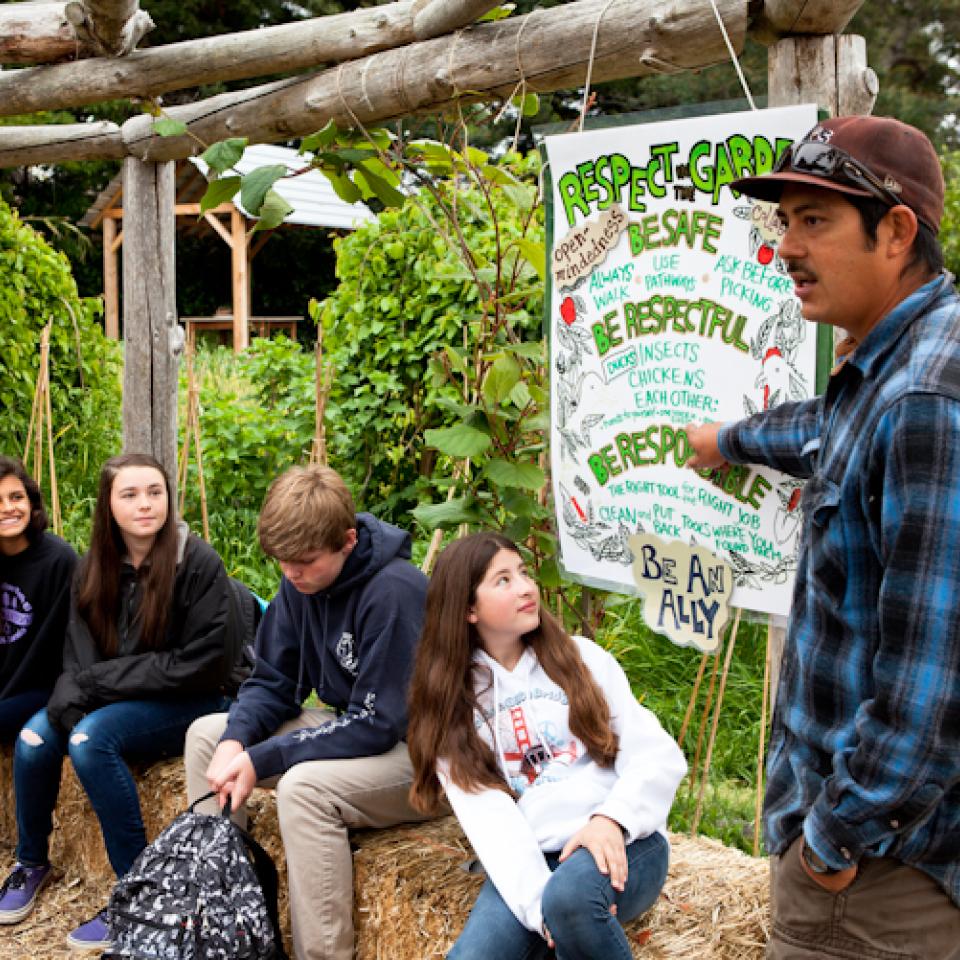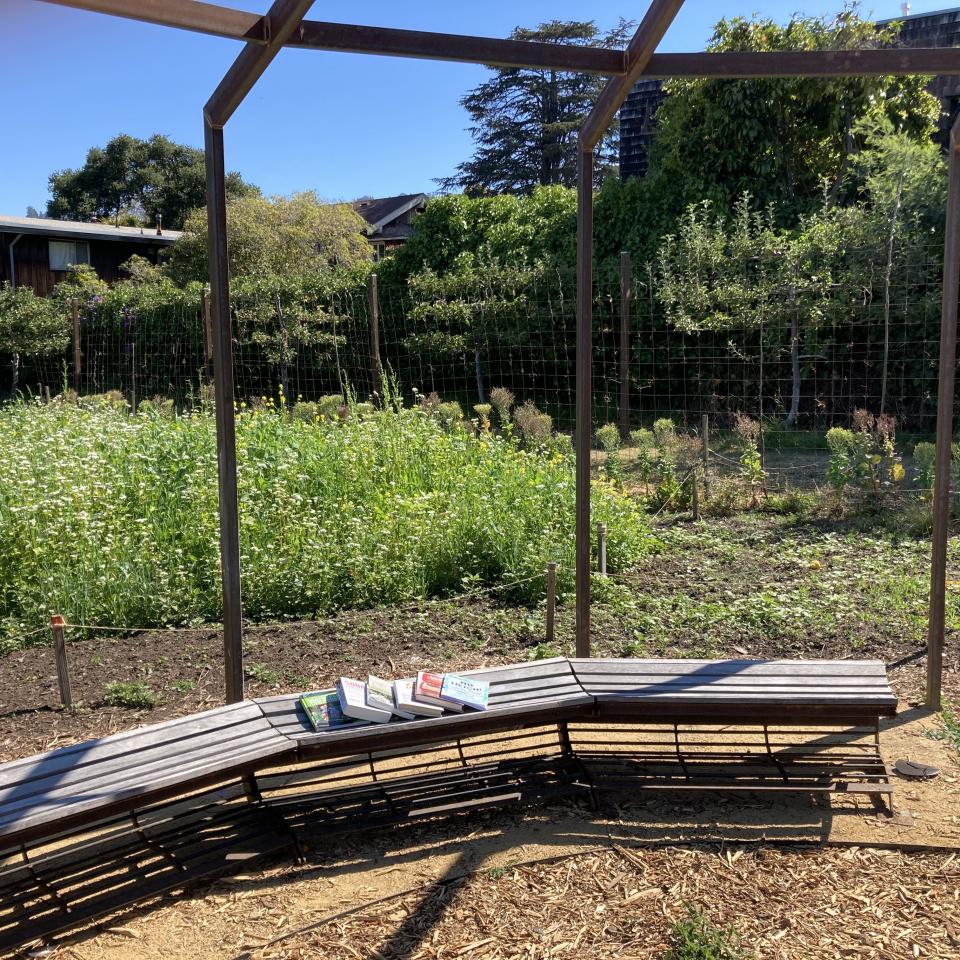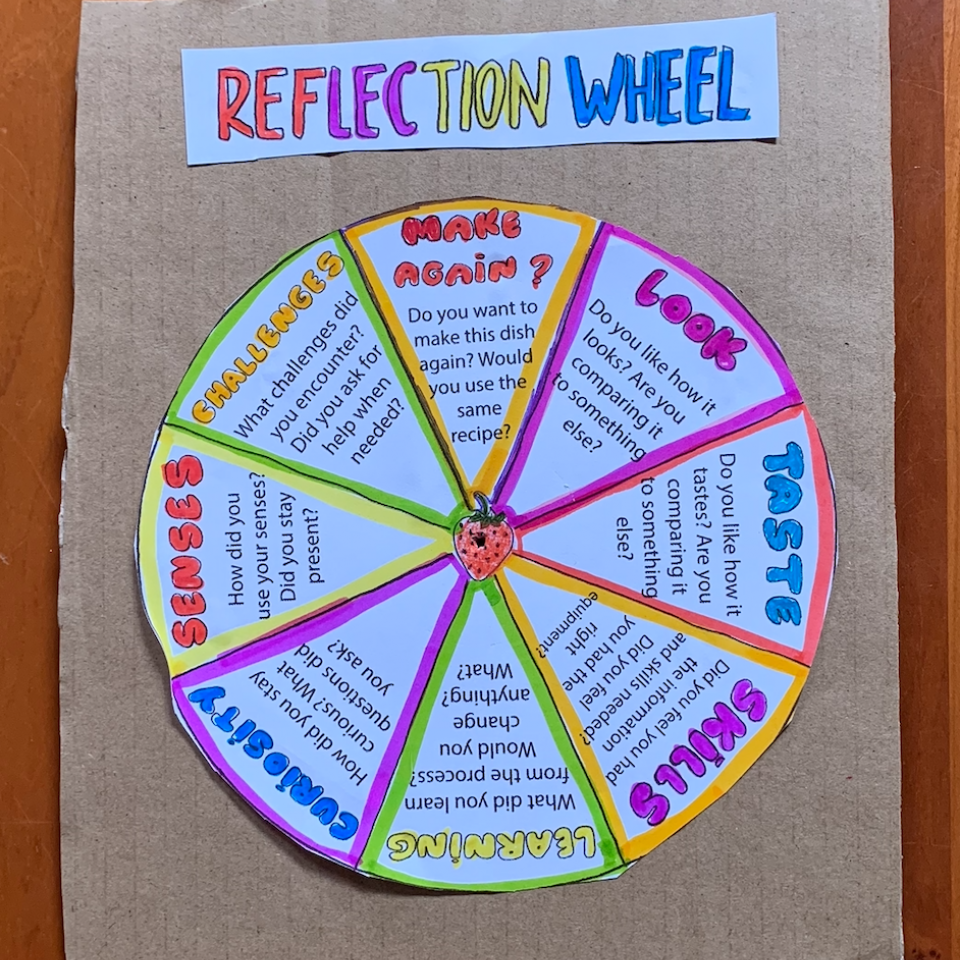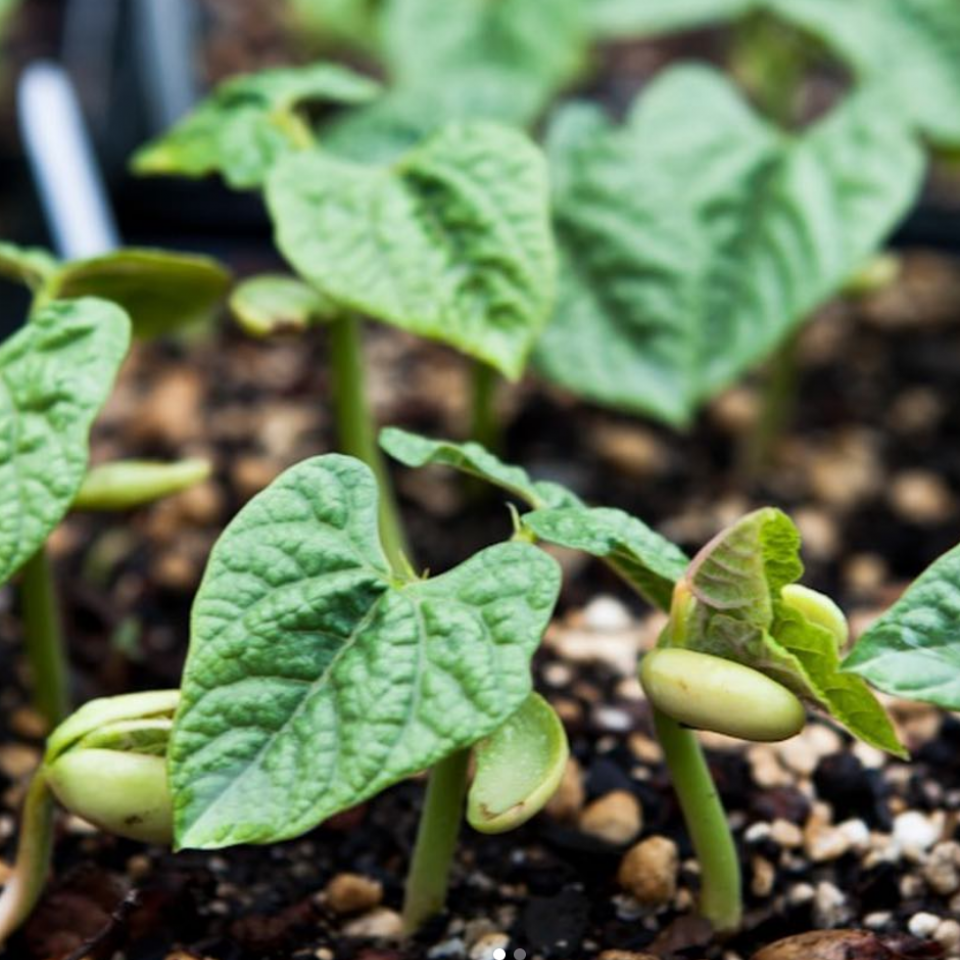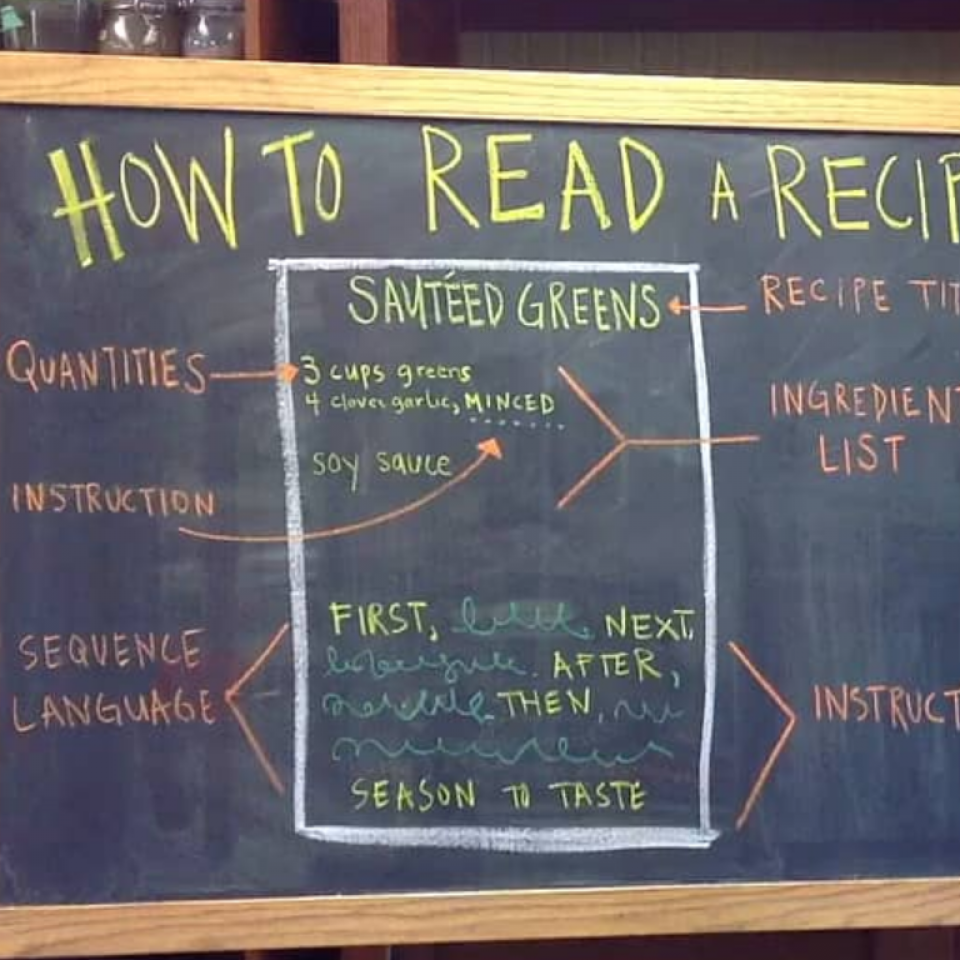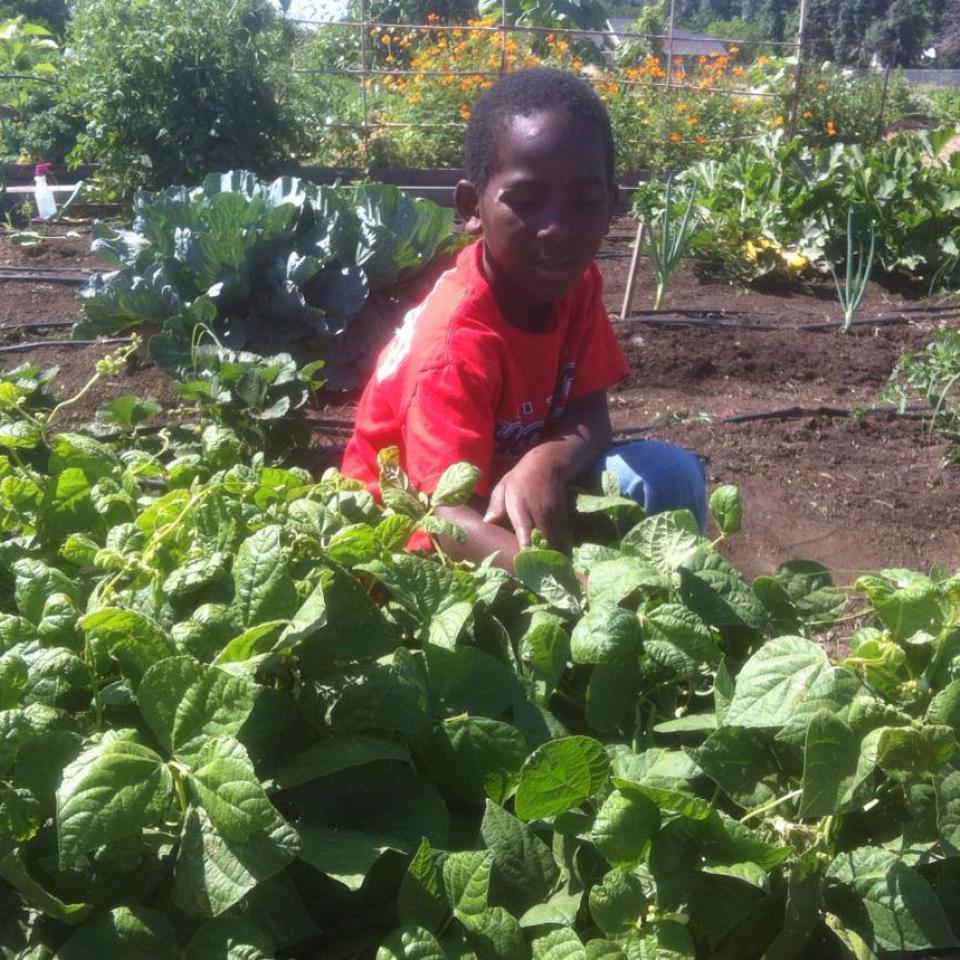
Search
6114 Results
Victor, ID
United StatesOistins
BarbadosBentonville, AR
United StatesMany of us are familiar with the term “organic”. But even if we can define it, we don’t always take the time to explore what “organic” represents. In this lesson, students will explore and discuss their understanding of what “organic” is, and what it represents to them.
In this collection of lessons, students will engage in hands-on activities exploring the practices of organic farming. Students will complete a rotation of four activities: soil investigation, cultivation, planting cover crops, and creating a compost pile.
Experimenting and reflecting are important parts of learning to cook. Your mindset (how you think about something) impacts how we approach our time in the kitchen.
In this lesson, students create their own yogurt sauce recipe and practice mincing fresh herbs. This is a very flexible recipe and a good example of how ingredients can be substituted, omitted, or added.
Did you know that seed packets contain a wealth of information on how to grow the seeds they contain? This lesson will introduce you to gardening vocabulary terms that will assist you in reading seed packets. Knowing how to read a seed packet will help you become a great gardener!
Do you want to learn and practice knife skills to improve your cooking? The first step towards that is learning how to work with knives safely. This short lesson will explain a few important practices that help keep you safe as you develop and practice your skills.
For meaningful dialogue to occur in an open discussion, it is essential that all students feel they can speak openly and honestly. This kind of free expression begins with a classroom culture in which students feel safe, engaged, and challenged.
In this lesson, students will use a text analysis practice to reflect on what makes a text “trustworthy”. The practice prompts students to think about their experiences and identities in relationship to the text's creator, and to question the biases they may hold.
While you are learning to cook, it is important to take time and reflect. You will want to notice what went well and what you would do differently next time.
This lesson explores what happens below and above ground when a bean seed grows. Students will watch a video of the germination process of a bean and respond to a series of questions. Next, they will write a haiku or short poem about observations.
In this lesson, students will watch a short Edible Schoolyard Project: How to Read a Recipe Video about reading recipes, read an Edible Schoolyard recipe for Sauteed Greens, rewatch the video while completing a worksheet, and summarize a recipe in their own words.
Students will learn the steps of making salsa by preparing salsa on will also explore their kitchen classrooms and the fruits of the late summer harvest.
Stockton, CA
United States